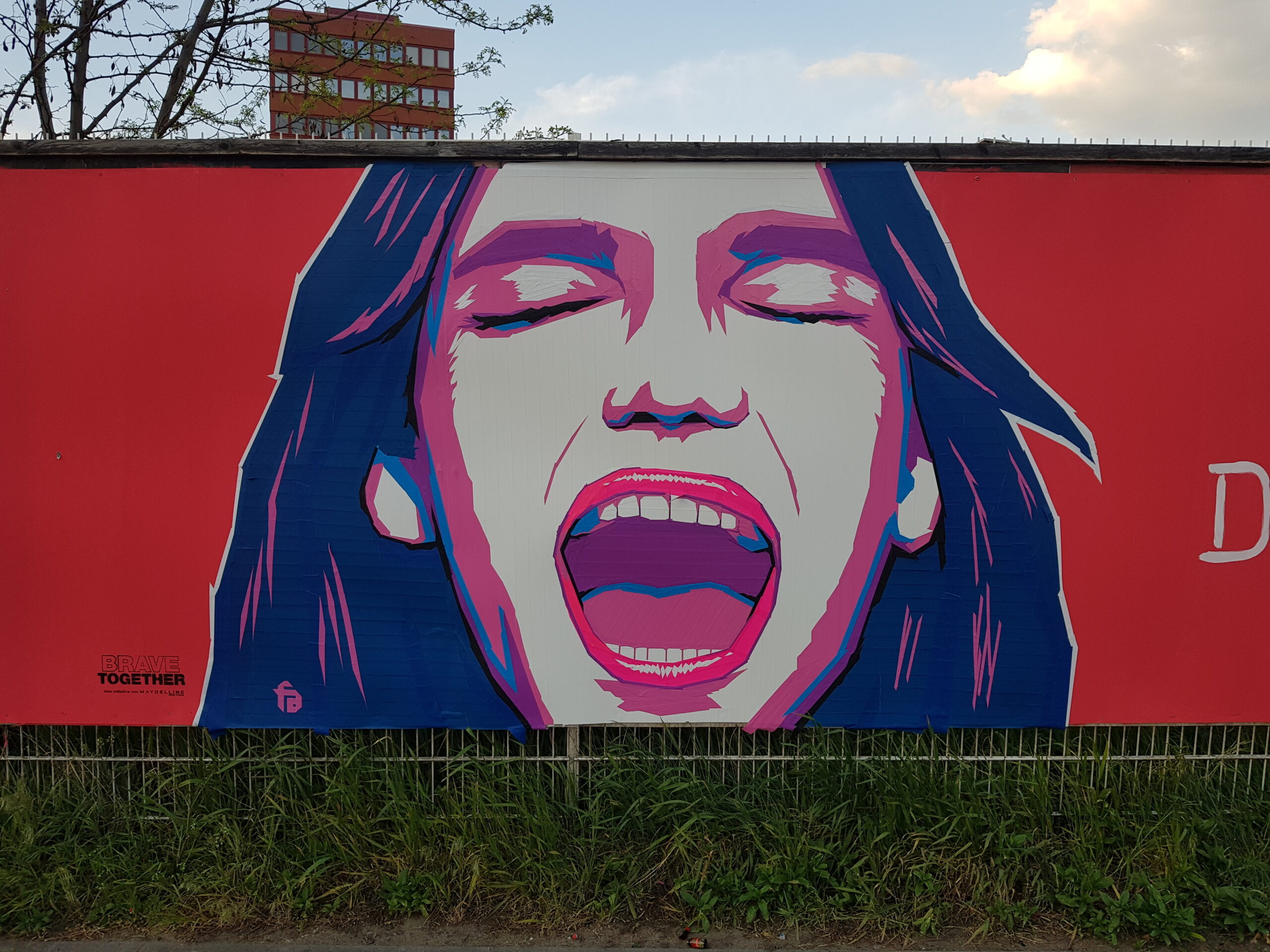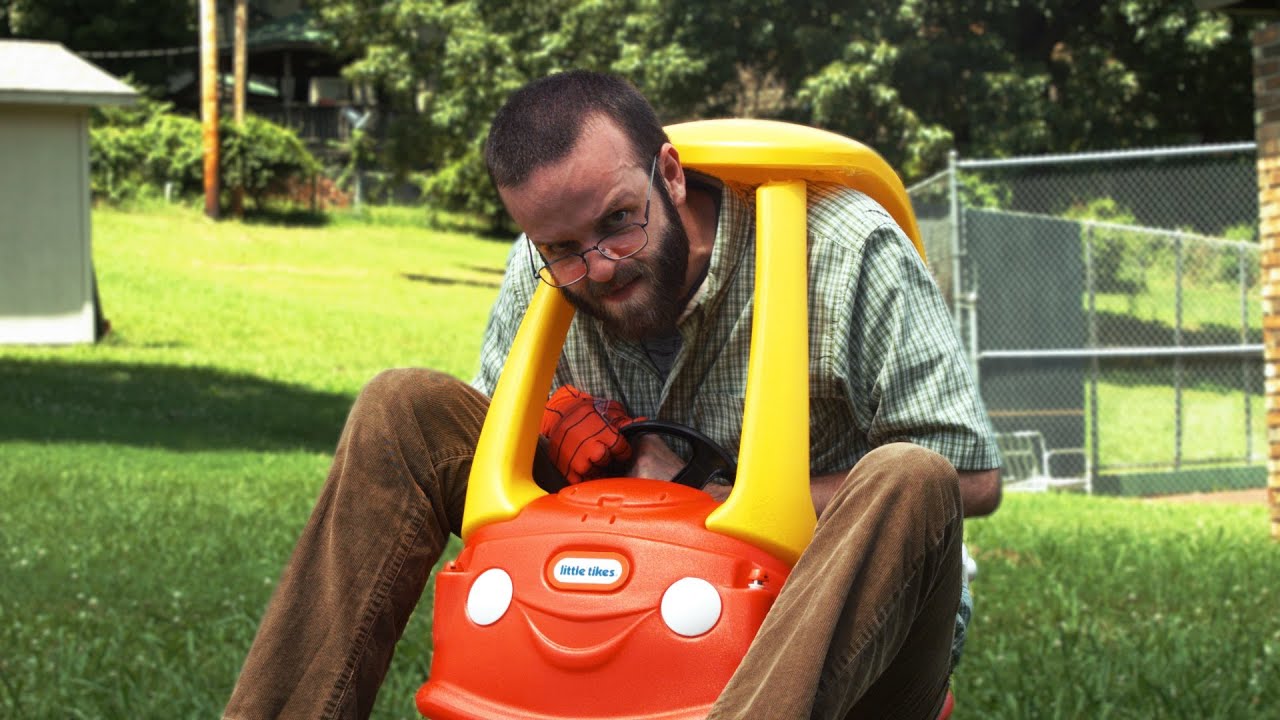What ‘mental health’ consists of is a complete mystery. It doesn’t sound right to say this of course because we always think of mental health as being something that exists between specified parameters, as being some kind of defined set of normative values. Nothing could be further from the truth however – mental health is a disequilibrium state, not an equilibrium one. It’s not part of the ‘Realm of the Known’ at all – it’s ‘off the chart’!
Saying that health is a ‘disequilibrium state’ is simply a way of saying that our essential well-being is independent of all other factors. Imagine if our essential well-being wasn’t independent of all other possible other factors! It would be nothing more than a mere ‘mechanical function’ in this case – it would be the ‘effect’ that comes about as a result of applying a specific ‘cause’. In one way we would like this of course because that would straightaway give us the possibility of control and if we have the possibility of control then this gives us a sense of security about things. This ‘sense of security’ is however only skin-deep because ‘everything that can go right can also go wrong‘! Whenever it’s very important that things go the right way then it’s also equally important that they don’t happen the wrong way, and yet this is an outcome that we can never wholly guard against. Right never exists apart from wrong. Wherever the dichotomy of ‘right way /wrong way’ exists there must always be anxiety, in other words, even if we aren’t aware of it.
Real ‘security’ – as far as we’re concerned, anyway – would be where ‘the wrong way’ has been eliminated completely and there is only the approved possibility of ‘things happening the right way’. This would of course be the ultimate form of security for us – only the right thing can happen! How great is that? All other rogue possibilities have been eliminated, gotten rid of forever. This would be the end of all worry, the end of all anxiety, the end of the grim necessity to ‘keep on controlling’ come what may, and the only flaw in this scheme is the very slight drawback that this state of affairs is, and always was, profoundly and utterly impossible. If we thought about it deeply enough we would know that it was impossible, if we thought about it at all we would know that it was impossible, but we don’t. We allow ourselves to ‘dream’ (which is to say, we automatically allow ourselves to orientate ourselves towards the attractive illusion without paying any attention to the fact that this very attractive illusion also happens to be frankly impossible).
So if mental health (our ‘essential well-being’) depended upon external factors then it would always entail a bit (and sometimes a lot more than just ‘a bit’) of anxiety. This is just another way of saying that there actually isn’t such a thing as mental health – there is only be ‘a conditioned state of well-being’, which isn’t the same thing at all. A conditioned state of well-being is simply a fancy way of talking about the state of slavery; it’s like a person who is addicted to a euphoriant drug and who can’t – on this account – feel good without it. Our sense that ‘everything is basically okay’ (our sense that ‘all is well’) cannot be something that comes about as a result of certain external factors being manipulated in the correct way or else this sense of all being well would simply be a lie. How can the sense that ‘everything is basically OK’ be true if it depends entirely upon factors that might, or might not, turn out to be OK’? How can the unconditional affirmation of well-being arise out of the state of conditionality?
We’re looking at two very different things here, therefore – one is the (false) sense of security that we keep on searching for because we equate it with ‘the end of all our problems,’ and the other is the sense of unconditional well-being that has nothing to do with either ‘security’ or ‘the lack of security’. In everyday life we are constantly gravitating towards this state of (imagined) security; this is the only state of well-being that we recognise; this is the only state of well-being that we know or care about, for all that it is purely based upon illusion. The suggestion that there might be some other type of well-being that is available to us, a type that doesn’t have to be propped up the whole time, the type that isn’t dependent upon the successful manipulation of external variables, is liable to meet with incredulity. How can this radical suggestion be proved, we wonder? What is the evidence for such an unlikely assertion? The notion of ‘well-being that we don’t have to deliberately bring about’ sounds like the ‘fanciful illusion’ to us; not the regular, tried-and-trusted concept of ‘the type of security that we can obtain for ourselves by controlling successfully’, which we think of as being pre-eminently practical, pre-eminently hard-headed.
We might as well go right ahead and believe in fairies or unicorns if we’re going to believe in such a thing as ‘unconditional well-being’, we are likely to say. And yet it is us who are chasing unicorns with our ridiculous nonsensical belief that it should be possible to obtain some sort of genuine well-being for ourselves as a result of successful controlling, as a result of us investing time and energy in trying to ‘get things to be the way that we want them to be’. We’ve elevated ‘chasing unicorns’ into an art form – it’s all we ever do. We live in Unicorn World and we’re chasing unicorns all day long! We have the idea that we are all hard-headed and pragmatic in our approach when the complete opposite is true – we are living in fantasy land and we’re too deluded to see it! We are looking for our mental health (or ‘essential well-being’) in all the wrong places; we are looking for our well-being in a place that actually contains nothing but suffering.
The goal of unconscious life is always security – all of our thinking, all of our planning, all of our purposeful activity is directed to this end. It’s directed to this end because this is where we see our well-being to lie, obviously, and yet there is no well-being there, only unending pain and limitless suffering. When we go ‘looking for ‘security’ all we are ever going to find is ‘the infinite ocean of Samsara’ (as Nyoshul Khenpo Rinpoche puts it). In this ocean there is nothing but trouble and strife – the waves knock us this way and then that way, this way and that way, this way and that way. There’s nothing else that can happen here in this ocean; there’s certainly no peace, no stillness, no sanity to be had here! How can there be when we’re tilting at windmills the whole time; how can there be when ‘right’ always involves ‘wrong’, when ‘win’ always involves ‘lose’?
In the world of Samsara (or duality) the only thing that exists is the back-and-forth movement of ‘thinking that we’re getting somewhere’ and then the inevitable setback follows this. We feel good and then we feel bad on the foot of it. We feel good because we allow ourselves to believe that we have obtained something that doesn’t, and never could, exist, and we feel bad when this enterprise fails to work out for us. Such, we might say, is ‘life in Samsara’ – we are constantly looking for bigger and better illusions to hitch a ride on, and this is just another way of saying that we are forever setting ourselves up for ‘bigger and better disappointments’. The ‘hard currency’ in the ocean of Samsara is euphoria – that tremendously rewarding/gratifying/vindicating feeling of ‘having got it right’. Nothing tastes as sweet as the feeling we get when we allow ourselves to believe that we are finally obtained the ultimate validation of ‘having got it right’, and this is of course just another way of talking about the lure of ‘ontological security’, the ‘yes without a no’, the ‘upside without a downside’ which is the siren call of Samsara that keeps leading us on and on.
‘Getting it right’ is the same thing as ontological security – ‘getting it right’ means that we have satisfied some sort of external authority so that the external authority is going to ‘take care of it’ for us! We’re pushing the responsibility away from us, we’re locating it on the outside of us, which is where the ‘right versus wrong’ comes in. We want to slot into a system and get validated by it. ‘Getting it right’ symbolises the end of pain or and the only motivation we know is running away from pain, or ‘running away from ontological challenge’. We want to get to that place where everything is finally taking care of, that place where there is ‘right,’ but no more possibility of the spectre of ‘wrong’ ever rearing its ugly head. To say that this (imaginary) possibility is ‘maddeningly attractive’ to us is to completely understate the matter! We are controlled absolutely by the illusory prospect of this ‘imaginary possibility’ – we are controlled absolutely and this also means that we never come anywhere close to seeing that we are being controlled absolutely. We’re completely under the spell of the illusion and being completely under the spell of the illusion means – naturally enough – that we can’t see it to be an illusion! As far as we understand it (and even here this is more of an implicit rather than an explicit understanding) we doing something perfectly legitimate – we are trying to secure our own well-being and what could be more legitimate than this? How could this not be a legitimate activity?
Our well-being is being represented to us in illusory form however, which is another way of saying that we are looking for it in the wrong place. It’s not just that our well-being is being represented by our thinking in ‘an illusory form’, it’s being represented in an inverted form – this being represented by something which is actually the very opposite of our well-being! We see ‘security’ as being the ‘end of all our troubles’ whereas the truth of the matter is it is that it is the very source of them! What we see as ‘optimising our mental health’ is really nothing more than insanity; all we’re really optimizing is our own pain and frustration. Just so long as we are ‘playing a game without seeing that we are playing ‘a game’ we can never have any way of knowing that there could be anything ‘unconditional’, anything that is ‘outside the game’. And yet this is what genuine, honest-to-goodness, no-strings-attached well-being is – well-being (or mental health) isn’t a prize that can be won as a result of playing the game successfully – that would be equivalent to saying that our well-being lies in us being to deny reality successfully, which is exactly what we are saying (even though we don’t know that we are). Our well-being lies in not investing everything we have in the game and its outcomes, but because we are ‘playing a game without knowing that we are playing a game’ saying something like this doesn’t make the slightest bit of sense to us!
So if we ask what mental health truly is, then one answer is to say that it is what we have when we let go of ‘the game that we playing without knowing that we are playing it’, and this explanation – needless to say – is utterly incomprehensible to us. We might as well be talking Klingon. We could also say that the true nature of mental health is a profound mystery, and always will be, but this doesn’t seem to help is very much either! We don’t want our mental health (or ‘essential well-being’) to be something mysterious – we want it to be something concrete, something we can understand, something that exists firmly within our conceptual horizons, something that we can ‘take steps towards’, or ‘realistically aim at’. When our true well-being exists within terms that we can readily understand and relate to this facilitates the clockwork of our everyday world – it’s the tightly coiled spring that drives all the cogs and wheels. This is how society works – it works on the basis of this assumption. But our ‘true well-being’ doesn’t come about as a result of our goal-orientated activity – we can’t work towards in a logical fashion following rules and prescriptions. Goal-orientated activities are important for attaining pragmatically useful goals, but they aren’t useful for attaining our essential well-being. This can’t be made into a goal. The true nature of our well-being – as the mystics have always said – isn’t something that needs to be ‘attained’ or ‘won’ and if we were to realise this then this would radically change our aggressive, self-centred attitude in life – we’d stop ‘fighting for the good stuff’! If we all understood this clearly then we would of course stop ‘competing for well-being or happiness’, and the cessation of this competitive behaviour would pose a threat to society as we know it. It would pose a threat for since society is based on aggression, is based on competition. Society functions only when we understand ourselves to be this limited ‘mind-created’ (or ‘conditioned’) self and the conditioned self is by its very nature aggressive and competitive. The structures that exist in society are therefore (naturally enough) going to be implacably opposed to any awareness that shows us that we are not who the collective mind tells us we are.
The insight that we don’t have to ‘fit into someone else’s system’, or ‘play someone else’s game’, or ‘subscribe to someone else’s dream or belief-structure’ in order to achieve our essential well-being is the only thing that we need in order to be ‘mentally healthy’ – a more succinct way of putting this is simply to say that ‘mental health equals freedom’. We want to have true well-being (since it hurts not to!) and yet at the same time we want to continue to be conditioned (or ‘unfree’) beings, and this core contradiction is clearly never going to work out for us, no matter how unconscious of it we might be. We’re completely conflicted, in other words! Collectively-speaking, we tend to think that we’re pretty smart, but we’re not smart enough to stop contradicting ourselves the whole time in everything we do…






